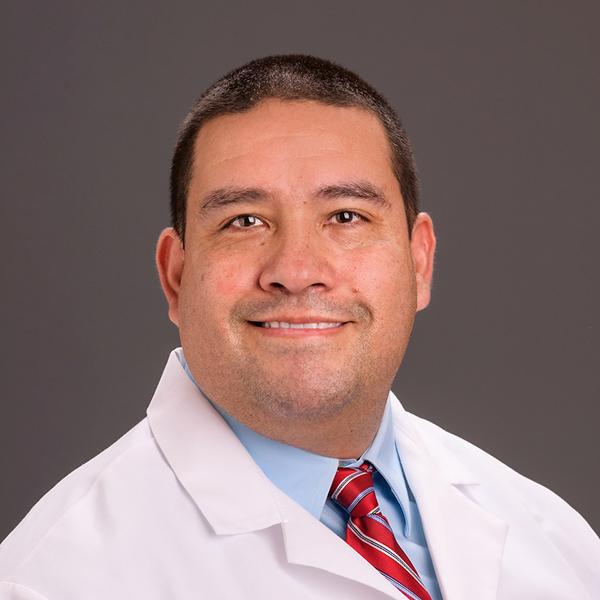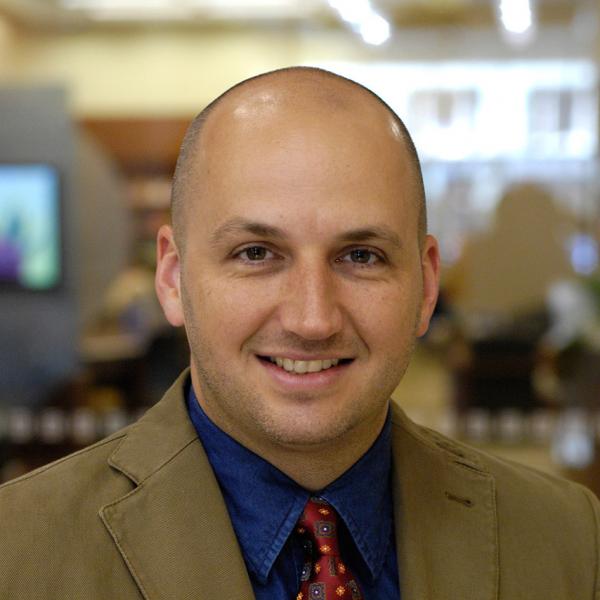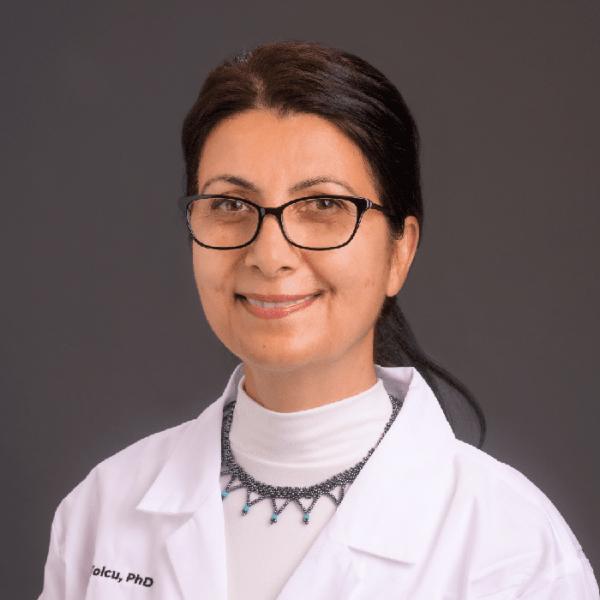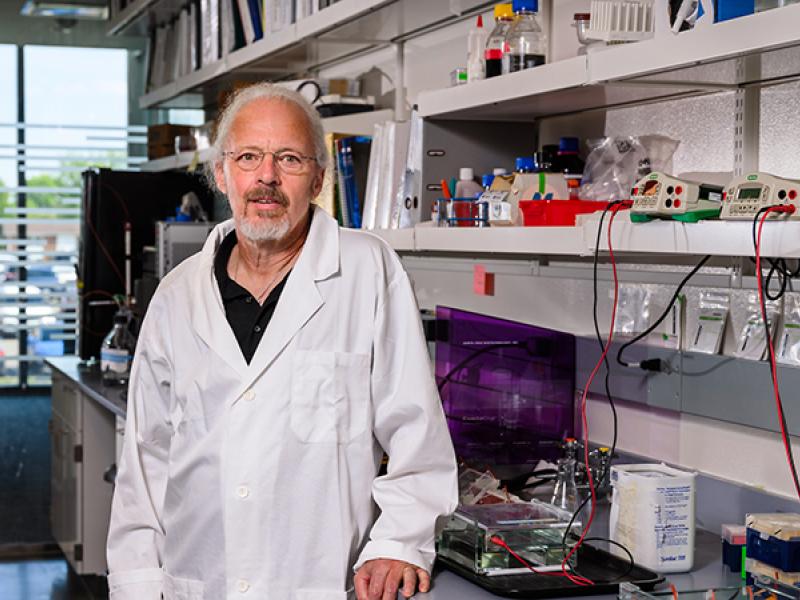Meet the Molecular Microbiology and Immunology Infection & Immunity (I&I) PhD graduate program faculty.
Faculty Members

James Amos-Landgraf, PhD
Veterinary Pathobiology
Research: Investigation of the molecular genetic and epigenetic mechanisms of colon cancer initiation and progression in mammalian model systems.

Deborah Anderson, PhD
Veterinary Pathobiology
Research: Study of host-pathogen interactions during plague, a disease caused by the bio-threat agent, Yersinia pestis.

Michael Baldwin, PhD
Molecular Microbiology & Immunology
Research: Understanding the molecular basis of bacterial pathogenesis with an emphasis on characterizing the role of bacterial toxins in the disease process.

Brenda Beerntsen, PhD
Veterinary Pathobiology
Research: The focus of Dr Beerntsen's research is on mosquito-parasite interactions.

Charles Brown, PhD
Veterinary Pathobiology, Molecular Microbiology & Immunology
Research: Host response to infectious disease.

Pamela Brown, PhD
Biological Sciences, Molecular Microbiology & Immunology
Research: Molecular basis for polar growth in Agrobacterium tumefaciens

Donald Burke, PhD
Molecular Microbiology & Immunology, Biochemistry and Bioengineering
Research: Understand the mechanism and evolution of catalysis by ribozymes and the molecular basis of retroviral inhibition by RNA-based drugs.

Michael Calcutt, PhD
Veterinary Pathobiology, Molecular Microbiology & Immunology
Research: Molecular biology of mycoplasmas.

John Cannon, PhD
Molecular Microbiology & Immunology
Research: Genetics of Saccharomyces cerevisiae; Role of protein phosphatase in cell cycle regulation.


D. Cornelison, PhD
Biological Sciences
Research: Signaling and activity of skeletal muscle satellite cells.

Mark A. Daniels, PhD
Molecular Microbiology & Immunology and Surgery
Research: T cell development and activation.



Dongsheng Duan, PhD
Molecular Microbiology & Immunology
Research: Virology, Gene Therapy, Neuromuscular Biology

Aaron Ericsson, DVM, PhD
Veterinary Pathobiology
Research: Modulation of host health by the intestinal microbiota, mucosal immunology and metagenomics.

Craig Franklin, DVM, PhD
Veterinary Pathobiology
Research: Investigate the pathogenesis of chronic intestinal mucosal inflammation and inflammation-associated cancer that occurs in some, but not all, strains of mice colonized by Helicobacter Hepaticus, so that new therapeutic and preventative strategies can be developed for similar conditions in humans and domestic animals (e.g. inflammatory bowel diseases such as Crohn’s disease in people).



















Adam G. Schrum, PhD
Molecular Microbiology and Immunology, Surgery, Bioengineering, Dermatology


Jerod Skyberg, PhD
Veterinary Pathobiology




Xiu-Feng "Henry" Wan, PhD
Molecular Microbiology & Immunology, Biochemistry, Veterinary Pathobiology, Electrical Engineering, Computer Science










